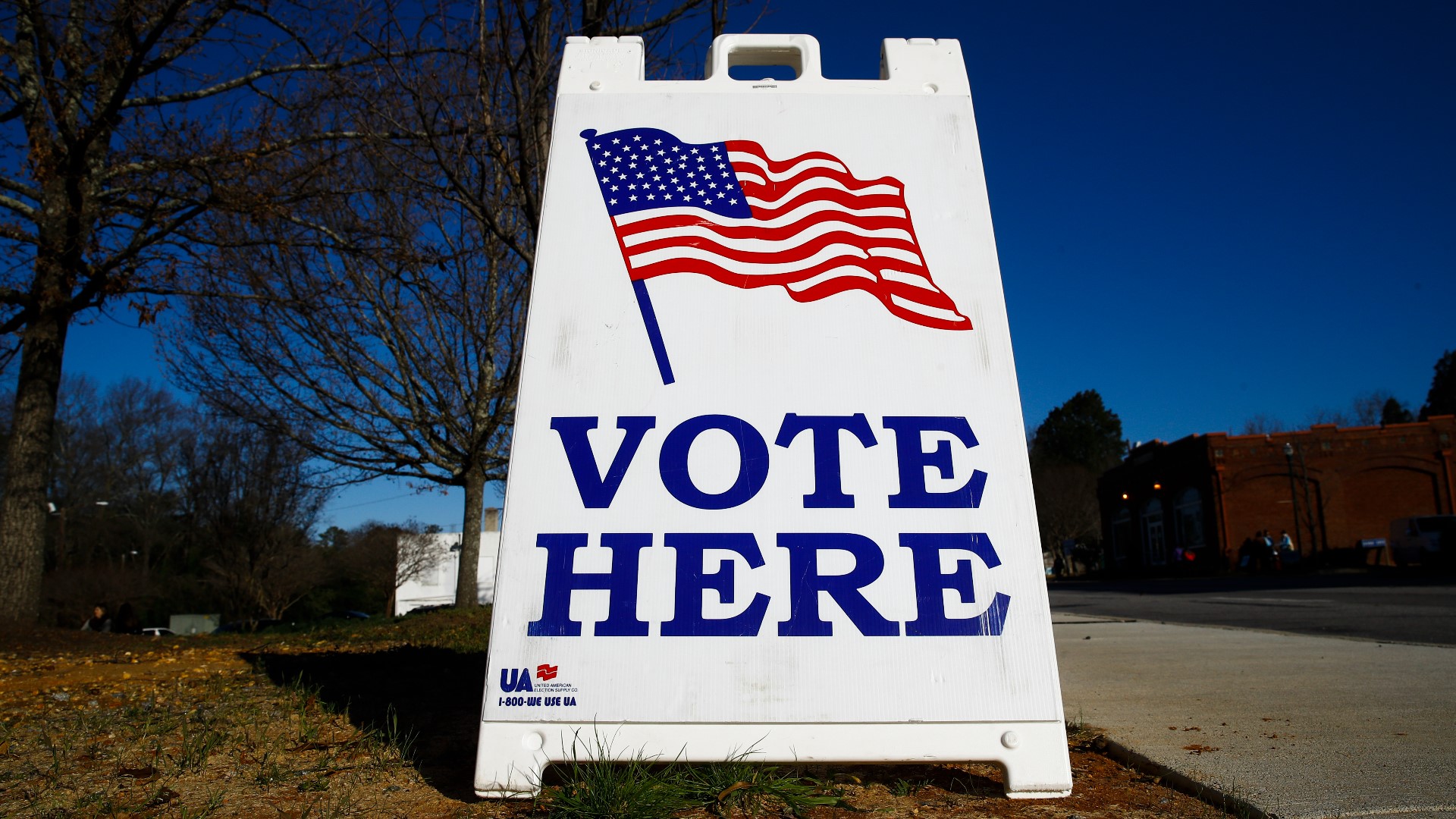Cherelle Parker, a Democrat who has held office at the state and local level after first becoming involved in politics as a teenager, was elected Tuesday as Philadelphia’s 100th mayor, becoming the first woman to hold the post.
And across the state in Allegheny County, which is home to Pittsburgh, voters elected Sara Innamorato, a former state legislator who campaigned on progressive models to modernize county government, as the first woman executive.
The races will set the electoral stage for 2024, when Pennsylvania will be a presidential battleground state, with candidates taking lessons about how Democrats see crime and the strength of progressives in local races. into the next election cycle.
Parker, 51, emerged from a crowded field of Democrats in the May primary and was heavily favored over Republican David Oh in the city, a Democratic stronghold. She will replace Democrat Jim Kenney, who was ineligible for reelection due to term limits.
She campaigned on a promise to make Philadelphia the “safest, cleanest, greenest big city in the nation that will provide access to economic opportunity for all.”
Parker, who served for 10 years as a state representative for northwest Philadelphia before her election to the city council in 2015, touted herself as a leader whose government experience would allow her to address gaping problems in the city.
“We can’t solve these problems alone,” she said in a previous interview. “We need federal, state and local government, along with the private sector and philanthropic communities, to help us address the public health and safety.”
Parker’s moderate message resonated with voters who are increasingly worried about public safety as well as quality-of-life issues, from faulty streetlights to potholes to trash collection.
“We will have a police department that is supported by the mayor that is the best, well-trained and is proactively engaged and woven into the fabric of our communities, along with mental health and behavioral health supports, along with social and human services and connection to employment opportunities and workforce development address and quality of life issues,” she said.
At Parker’s election night watch party, supporters hugged in celebration. Among them was Carolyn Mosley, 57, who said her main concerns going into the election were crime and taxes.
After meeting Parker at a church event earlier this year, she was “100% sold,” she said: “I believe that she can effectively change Philadelphia.”
“Her story reminds me of my story,” said Mosley, who is also a Black woman. “And I can see girls can emulate her.”
In Allegheny County, Innamorato, 37, defeated Republican Joe Rockey, a political newcomer. She will replace Rich Fitzgerald, also a Democrat, who has served in the role since 2012 and was ineligible for reelection due to term limits.
Her victory is a win for a progressive movement that has sought to win local elections in cities such as Chicago and Los Angeles after setbacks on the national level. Our Revolution, born during Vermont Sen. Bernie Sanders’ 2016 presidential race and now one of the largest progressive organizations in the country, endorsed Innamorato in the primary.
She campaigned on improving policies at the Allegheny County Jail as part of a “comprehensive public health approach to public safety.” She supports ending mandatory minimums, solitary confinement and high fines and fees for minor offenses. She also advocates for affordable housing and economic growth.
Voters in the county were also deciding between a 25-year incumbent and the county’s chief public defender in a race for district attorney that is a rematch from the May Democratic primary, in which Matt Dugan defeated longtime incumbent Steve Zappala. After a late campaign, Zappala received enough write-in votes in the Republican primary to run as that party’s nominee in the general election.
Dugan, 44, has called for reform of the office and pushed for new leadership. He emphasized diverting low-level, nonviolent offenders to mental health and substance abuse programs rather than cycle them through the criminal justice system. He said that would let prosecutors focus on violent crimes and also help break the cycle of recidivism.
Zappala has criticized those proposals, highlighting his record and career in the office and arguing in favor of prosecuting low-level crimes so they don’t spiral out of control. He said his opponent offers only “empty promises, empty assurances.”

